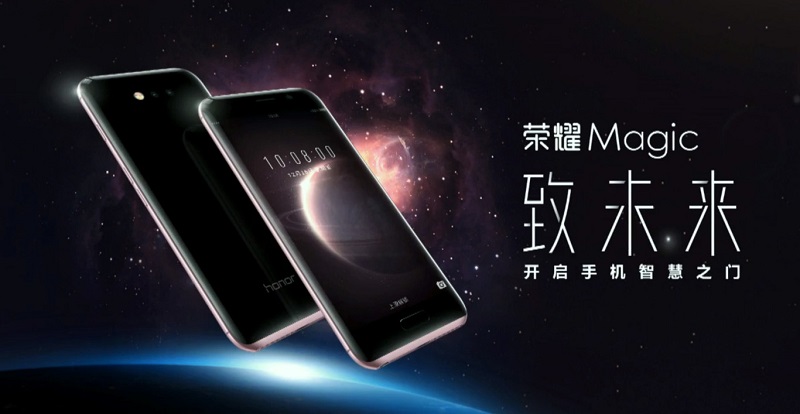Let’s see if it’s best to buy a fixed PC or a laptop. Should I have a small but less powerful computer and more expensive?
In recent years, sales of new laptops are considerably higher than fixed-line sales (as well as tablets are the best selling of laptops).
When you have to buy a new computer, is it so obvious that you should take a laptop computer?
When would it be better to buy a fixed one instead of laptop?
The question remains interesting today, to disrupt those predictions that only a touchscreen display is to be made, and to understand what is best to buy to avoid wasting money and having the best PC available, between a fixed PC and a laptop.
When is it best to take a laptop?
The key features of a laptop are those of a computer that you can easily move and carry, which is a unique product and therefore difficult to update or modify.
Portability is the most obvious feature, but a computer always has its weight and is not really the object to carry whenever it comes out of the house as you might do with a tablet.
As for mobility, it is important to understand if the handset only needs to move it from one table to another (in which case it is better to use a fixed one) or if you really need to take it back to work or at university.
Compared to a fixed PC, a laptop is smaller, it is a shopping that gives satisfaction, it is beautiful to see and occupy little space in the home.
A handset can be easily plugged into the TV to watch comfortably streaming movies from the internet, which is difficult with a fixed PC.
But you have to consider that laptops are not good video game machines because they almost never mount high-quality graphics cards.
A laptop is a unique block, with the only easily replaceable pieces being just RAM and hard drive.
People who like to improve their computing by updating it may be disappointed, after a while, that their recently purchased laptop seems old, but who does not update the pieces of his PC will not make it a problem.
A handset always has a distinct identity and for each model, you can read all the factory features and reviews.
When Should I Take a Fixed PC?
A fixed desktop computer has different characteristics than a laptop.
First of all, it does not have monitors, mice and keyboards.
From the point of view of price, a fixed PC costs far less than a laptop, unless the monitor is also to be bought.
A fixed is more powerful, speaking of hardware than a laptop, but it is also bigger and bulky.
Inside, a fixed PC has pieces that can be changed individually, which can be updated over time.
However, a fixed PC is less easy to buy than a laptop and we have already seen another guide if it is better to have a personal computer or a pre-assembled computer.
Buying a fixed to be assembled leaves a lot of freedom and allows you to get the best possible at a given price, but requires the buyer to have a bit of IT skills.
It is also necessary to admit that classical desktop PCs are boring commercial products designed for work, which are bought with little enthusiasm.
There will be no reviews on fixed-line internet that will be purchased, rather than at the mall, at the specialized computer store.
If the main motivation for purchasing a laptop was aesthetics, it would be worth considering buying an all-in-one PC, compact, unattended, locked, closed, small, and pretty cool computers see.
In the end, one cannot say which computer is best to take, whether fixed or portable, uniquely depends on the use it wants to make.
Buying a computer is a very personal choice, most people prefer portable handsets because they are more beautiful, small and light, but often leave them in the same place as they are fixed PCs.
Fixed PCs are home objects, which occupy the space of a desk, but which cost very little today, have higher performance of laptops, are easier to adjust and can be kept up to date with ease.



